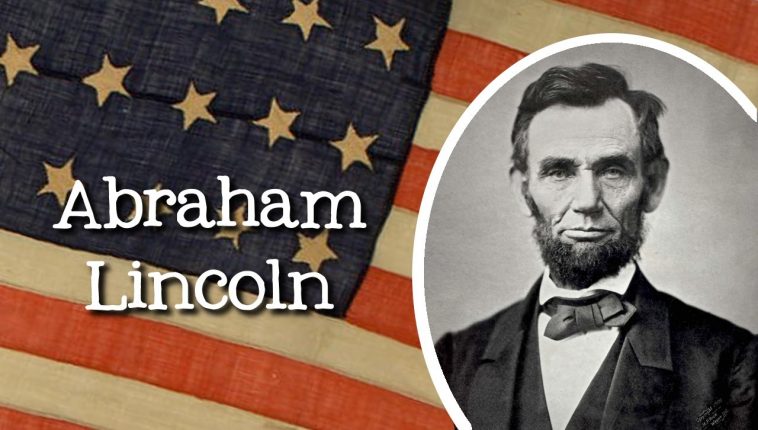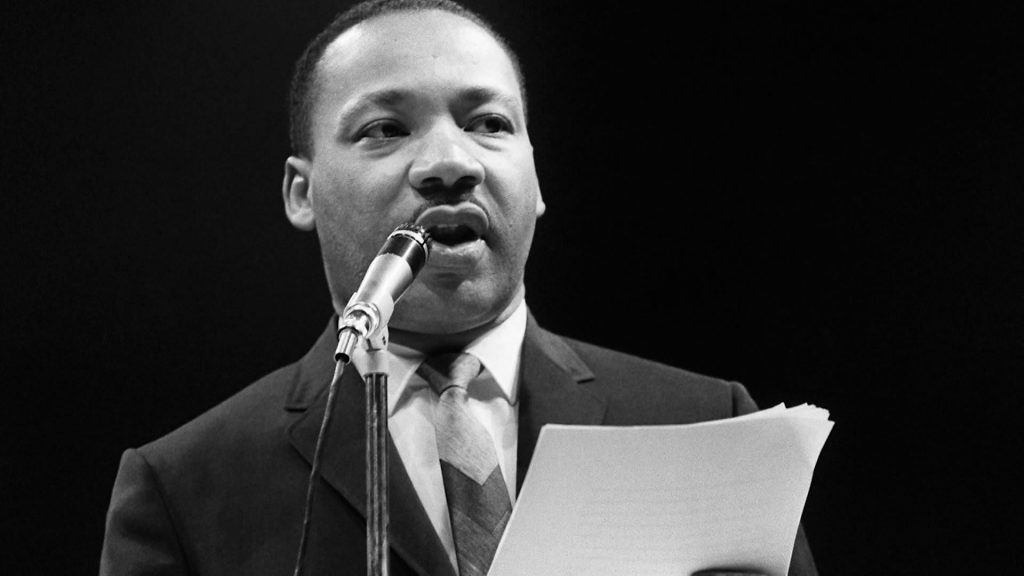Abraham Lincoln, the 16th President of the United States, served from 1861 to 1865. Born on February 12, 1809, in a log cabin in Kentucky, Lincoln rose from humble beginnings to become a self-taught lawyer.
He entered politics in the 1830s, serving in the Illinois State Legislature and the U.S. House of Representatives. Lincoln gained national prominence with his debates against Stephen Douglas during the 1858 Illinois Senate race.
In 1860, Lincoln, representing the newly formed Republican Party, won the presidential election. His election triggered Southern states’ secession, leading to the Civil War in 1861. Lincoln aimed to preserve the Union, and his leadership during the war was marked by the Emancipation Proclamation in 1863, declaring slaves in Confederate-held territories free.
Lincoln’s address at Gettysburg in 1863, known as the Gettysburg Address, emphasized the principles of equality and democracy. He was re-elected in 1864 and worked towards the passage of the 13th Amendment, which abolished slavery.
Tragically, Lincoln’s life was cut short when he was assassinated by John Wilkes Booth on April 14, 1865, just days after the Civil War ended. His legacy endures as a symbol of leadership, emancipation, and the preservation of the Union during a pivotal period in American history.



